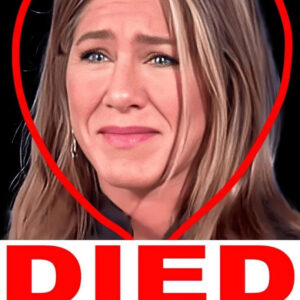A British home where a mother and daughter perished despite requesting an ambulance months earlier was the subject of an investigation.
In May of last year, the bodies of 47-year-old Alphonsine Djiako Leuga and her 18-year-old daughter Loraine Choulla were discovered at their Nottinghamshire residence.
Sadly, an investigation found that the mother had dialled 999 to summon an ambulance, but it never arrived.
Following an investigation this week, representatives from Nottingham Police, the Nottinghamshire Coroner’s Service, and the East Midlands Ambulance Service have discussed this occurrence in court and shared their conclusions.

Source: Unsplash
Detective Con Jack Cook of the Nottinghamshire Police stated at the inquest that investigators now think that Alphonsine passed away shortly after calling the emergency services. The investigation started on July 21.
According to investigations, Loraine, who was “entirely dependent” on her mother and had Down syndrome and learning disabilities, had survived until February 28.
On February 2, Alphonsine’s call was answered, and before the connection ended, the mother was able to provide her address and request that an ambulance be sent.
But the call had been mistakenly classified as an “abandoned call.”
Detective Cook said, “Loraine had been left in the premises alone and had been alive until her device had lost charge.”
According to the authorities, Lorraine passed away in April before turning eighteen.
Alphonsine herself experienced health problems, including sickle cell anaemia. Her youngest daughter’s cause of death is still “unascertained,” however she passed away from “pneumonia of uncertain cause.”
Dr. Stuart Hamilton, the pathologist, was questioned throughout the hearing about whether hunger or dehydration could have contributed to the child’s death. He replied, “There is nothing in my findings that say any of that is incorrect.”
During the inquest, Susan Jevons, the East Midlands Ambulance Service’s chief of patient safety, discussed why the ambulance wasn’t sent to the house.
She asserted that after the connection abruptly stopped, the concerned telephone dispatcher made multiple attempts to get in touch with Alphonsine.
She said, “The ambulance didn’t go to the address because the emergency medical adviser, thinking it was an abandoned call, closed the call down.”
Then Jevons apologised for ‘all of the errors’ that the service had committed.
It should ‘never have happened’ that the team didn’t send out an ambulance, she continued.




